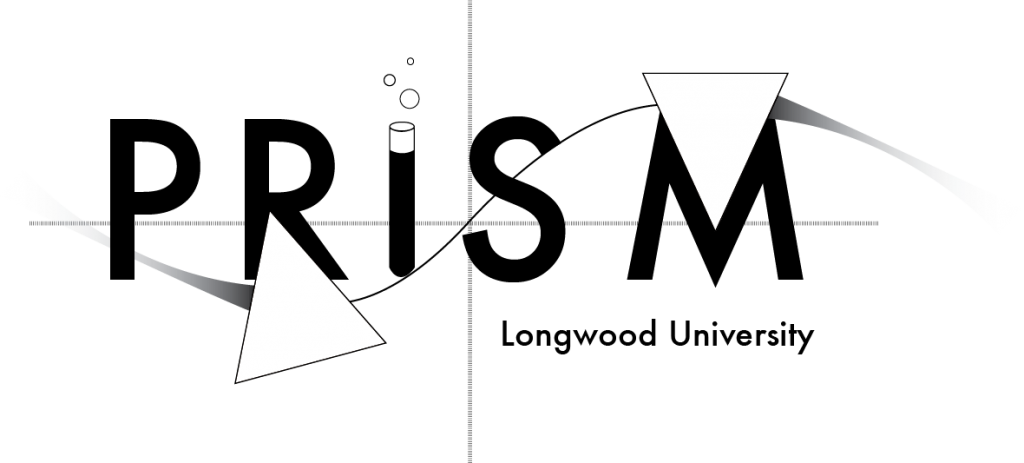LU PRISM

What is PRISM?
LU-PRISM (Perspectives on Research In Science & Mathematics), is an 8-week summer research program for Longwood STEM (science, technology, engineering, mathematics) students modeled after the extremely successful Research Experiences of Undergraduates (REU) program sponsored by the National Science Foundation.
Our program combines practical training in specific research techniques with activities designed to put research into the context of larger goals of modern science, technology and mathematics. The key aspect of this program is that we pair a faculty member with a student so that one-on-one collaboration occurs in an effort to make significant strides on novel projects in biology, chemistry, environmental science, mathematics, physics and psychology.
Click here to learn more about LU PRISM
Our Research Project for PRISM 2021
Previous research has shown dramatic changes in the rat brain following pregnancy, parturition, and motherhood (e.g., Kinsley et al., 2008). These neurological changes result in improved spatial memory, improved non-spatial memory, improved foraging ability (Kinsley et al., 2014), decreased anxiety (Massimo et al., 2011), reduced depression (Pawluski et al., 2016), and improved recovery from brain injuries compared to non-mothers (Franssen et al., 2012).
Separately, research has demonstrated that “good” mothers raise calm pups that grow to become good mothers whereas “bad” mothers raise anxious pups that grow to become bad mothers (e.g. Weaver et al., 2004). Interestingly, the transgenerational transmission of anxiety and maternal skill appears to be epigenetic rather than genetic (e.g. Champagne and Curley, 2009).
This year’s PRISM research program attempted to combine these two key findings. We know that “good” moms raise pups to be good moms (and vice versa) and we know that moms are better at behavioral tasks than non-moms. But are rats that were raised by “good” moms better at behavioral tasks than rats that were raised by “bad” moms? To answer this question, we compared the pups of “good” and “bad” mother rats on a battery of behavioral tasks: the Elevated Plus Maze (anxiety), Forced Swim Test (depression), Object Location Test (spatial memory), and a Novel Object Preference Test (non-spatial memory). Based on previous work, we hypothesize that maternal behavior will affect a wider range of adult behaviors than previously reported.


